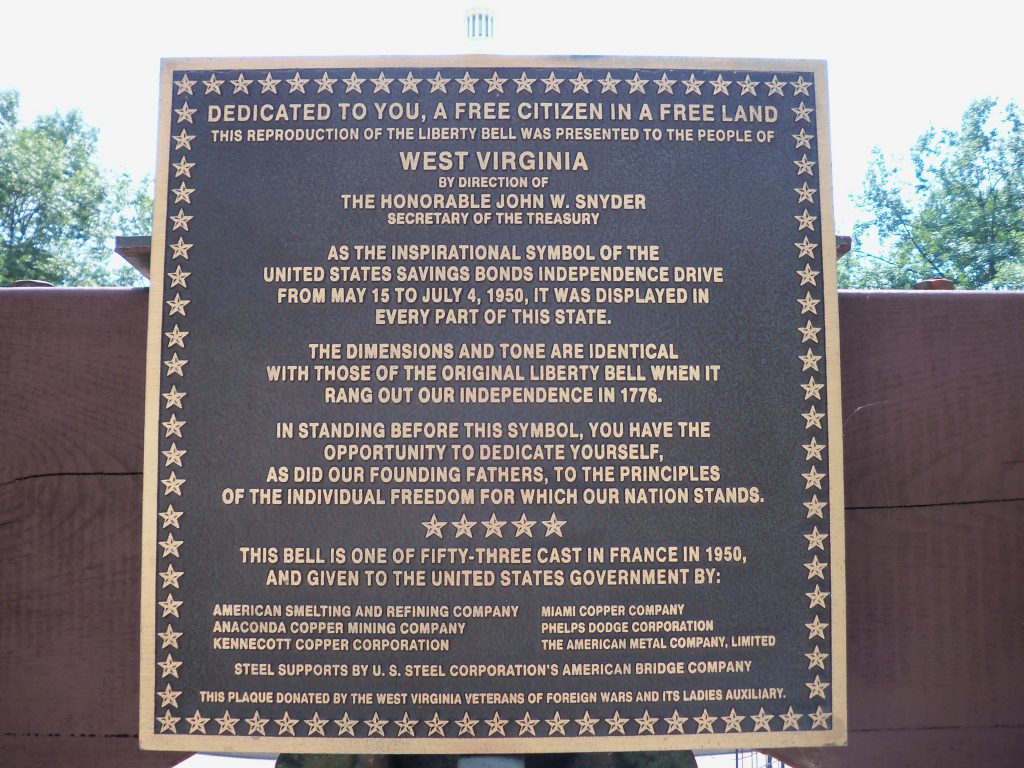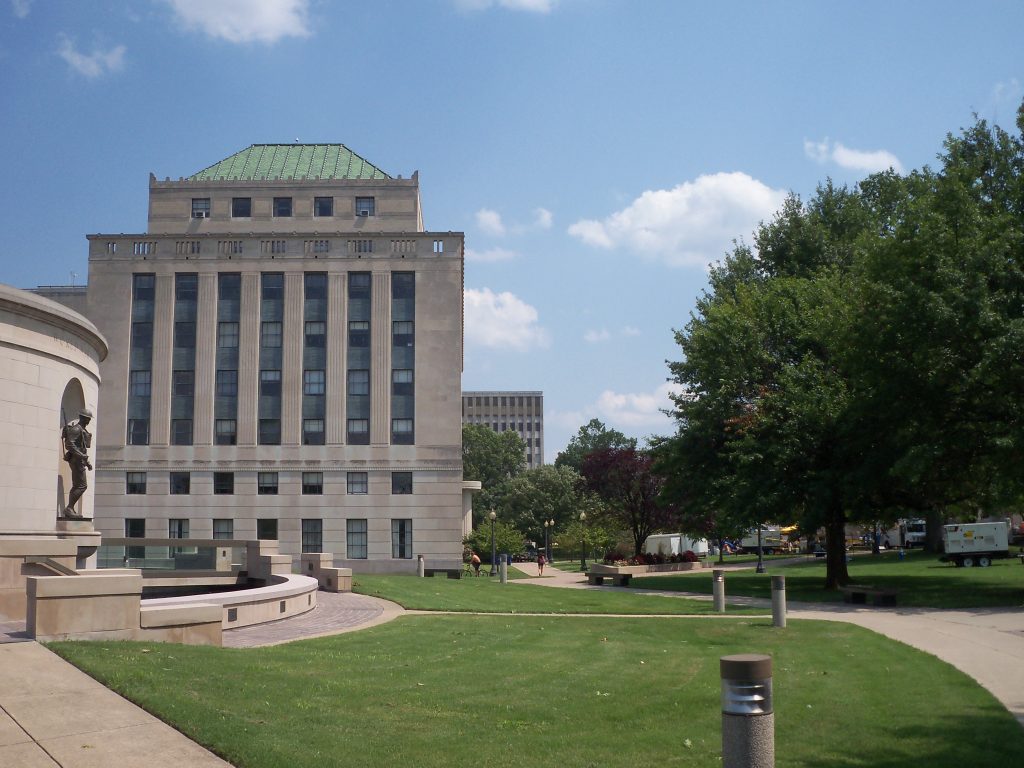Liberty Bell Memorial Plaque.
Monday, 12 February 2024
“unless it is for this one statement which I cried out, standing among them, ‘Concerning the resurrection of the dead I am being judged by you this day.’” Acts 24:21
Note: You can listen to today’s commentary courtesy of our friends at “Bible in Ten” podcast. (Click Here to listen)
You can also read this commentary, with music, courtesy of our friends at “Discern the Bible” on YouTube. (Click Here to listen), or at Rumble (Click Here to listen).
The Greek more literally says, “…or concerning this one voice which I cried out, having stood among them, ‘Concerning resurrection of dead I am judged this day by you’” (CG).
Paul has refuted the charges against him, clearly indicating that they were without basis and should be dropped. This is especially so from a legal standpoint within the Roman Empire’s area of authority.
However, Paul now adds a statement to demonstrate that what has been brought against him by the Jews concerned questions of their own religious and cultural law, having nothing to do with something the Romans would get involved in. This is because Rome had allowed the Jews to conduct and judge their own religious affairs. Understanding this, he says, “…or concerning this one voice which I cried out.”
Paul used his own voice within the Sanhedrin to elicit a response from those appointed to judge him. In this, he openly admits that he may have said something to rile up the Jews in authority.
Felix was probably all ears at this point, waiting to determine if it was something he could finally use to put together a bigger picture of what had them in such a lather. To this point, nothing of a legal standing had been brought forth for him to judge. With that, Paul next says, “having stood among them.”
This matter was, as he said in the previous verse, “while I stood before the council.” Paul completely ignores anything that occurred at the temple because he has already addressed that matter sufficiently. Instead, what has the Jewish leadership in such a tizzy is a statement about their own interpretation of the law.
This is what stirred up the Sanhedrin in Acts 23:6. It is the only thing that he could be accused of that caused any tumult, and yet it has nothing to do with the charges against him, nor is it anything that was punishable under Roman law. That is perfectly evident from what he had called out, which is, “Concerning resurrection of dead I am judged this day by you.’”
Note that there is no article before “resurrection” or “dead.” It is a general thought that Paul is expressing. In other words, “Can that which is dead be returned to life?”
Further, his words are not given as if there was anything wrong with his opinion about the resurrection. Instead, they are a sort of sarcastic irony directed towards his accusers, knowing that they would not want to argue over the matter again, especially right there in front of Felix.
The really humiliating part of what Paul has said is that the commander, Claudius Lysias, was personally there to witness that this is what occurred. He and any soldiers who conducted Paul to the Sanhedrin could be brought before the commander in just a couple of days to testify to this. As such, Paul would be a complete fool to make it up.
From a legal standpoint, Paul’s case is all but over. Anything that happens beyond this point will simply be to validate that what he has just said is true. If it is, that should settle things.
Life application: It is good to remember that Paul was able to manipulate the Sanhedrin’s direction by calling out something that would divide them. He knew this. They took the bait and brought embarrassment upon themselves by failing to stick to their jobs in judging without bias.
Remember that when you are in a debate with someone, be it in court, at college, on social media, or elsewhere it is good to stick to the main subject. As soon as someone introduces a red herring, call him or her out on it, and let them know that is not what is being discussed. If they don’t listen, simply cut them off. They are there to divide and conquer, not to engage in a reasonable debate about the main subject.
Be on the lookout for such things. The smallest diversion can take the debate in a completely different direction than it was originally intended. And because the diversion was initiated by a red herring, that direction is probably already one that the other person can box you in and defeat you over. It’s what Paul did for a positive reason, but it is also what others will do for their own inappropriate purposes.
Lord God, give us wisdom in this life to not get distracted by silly or fallacious arguments. May our words be well thought out and proper to the situations we find ourselves in. Be with us when we speak out for the truth of the gospel so that those who hear will be convicted and convinced that it is the right answer for the dilemma they are in. Amen.





